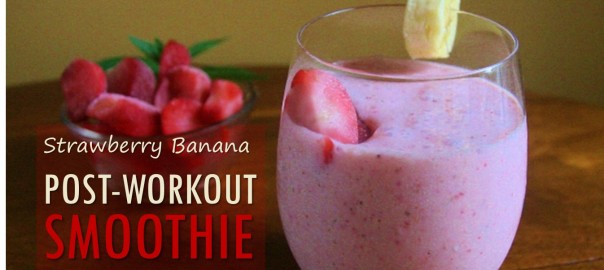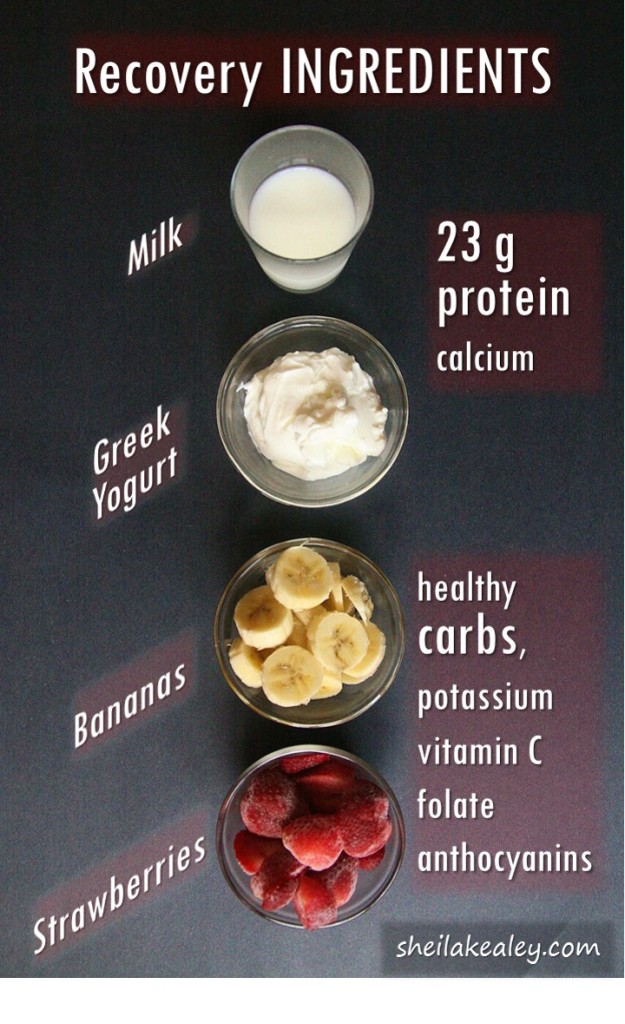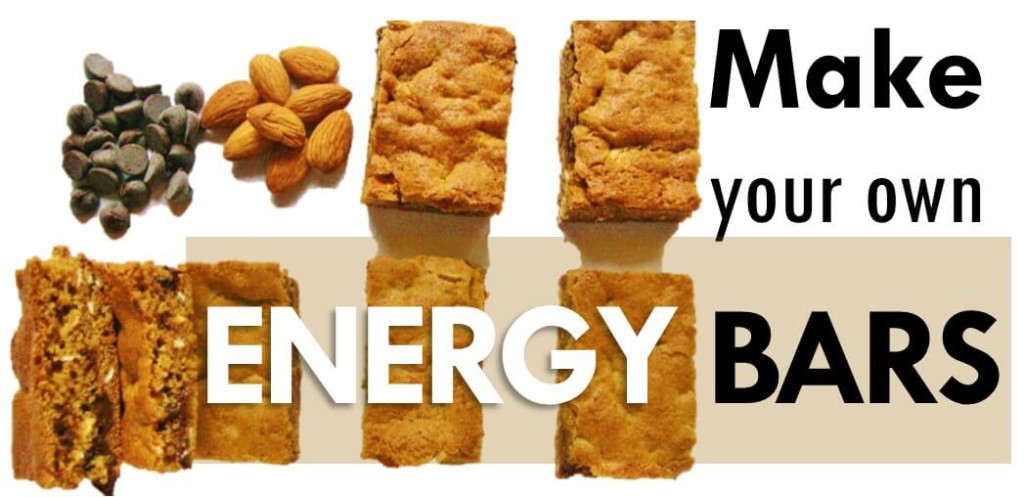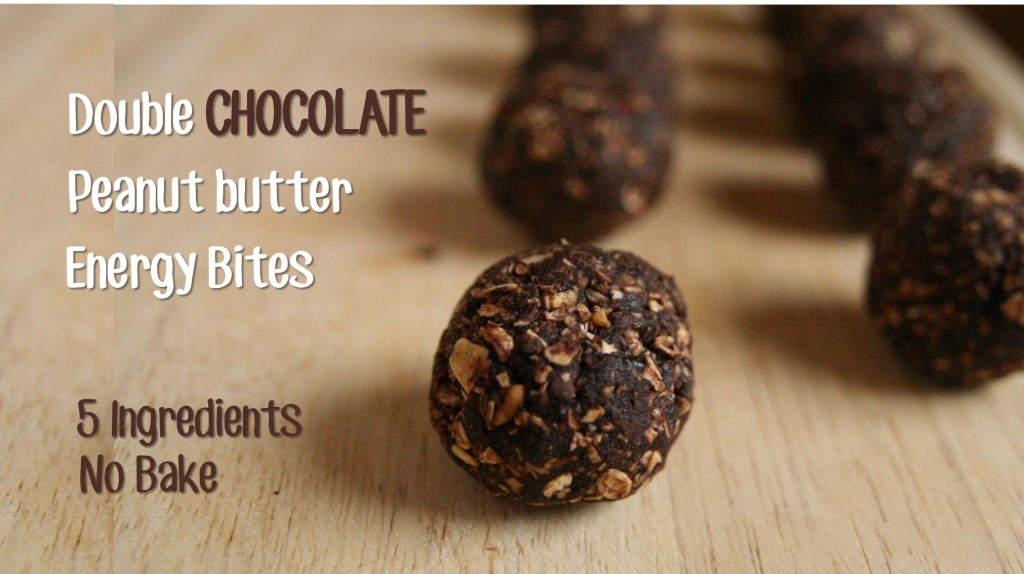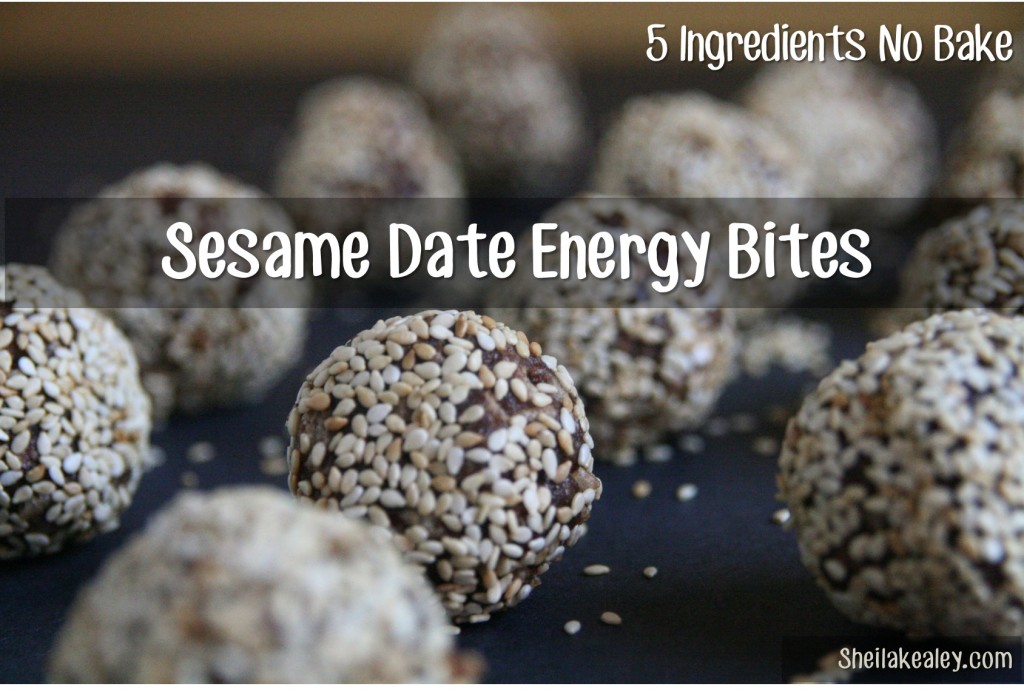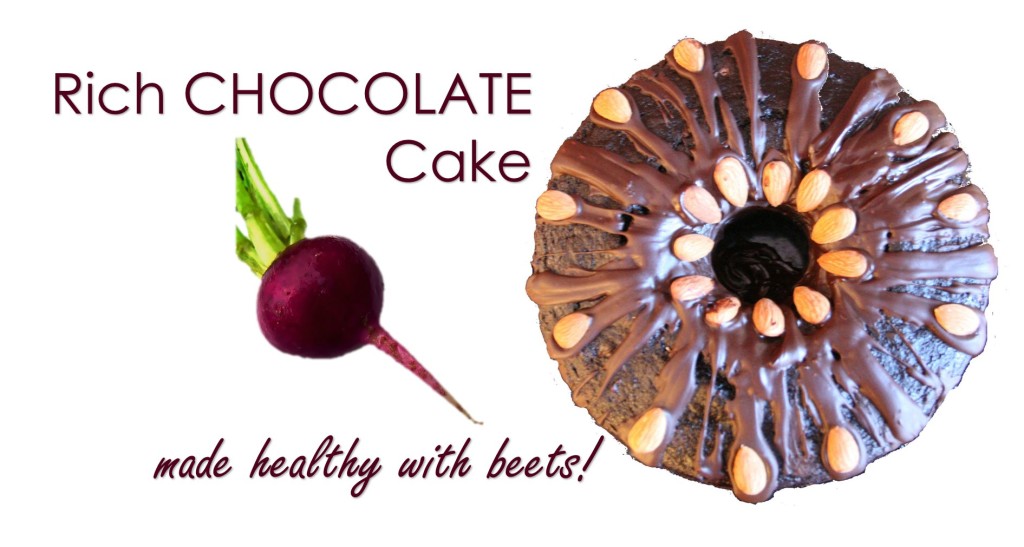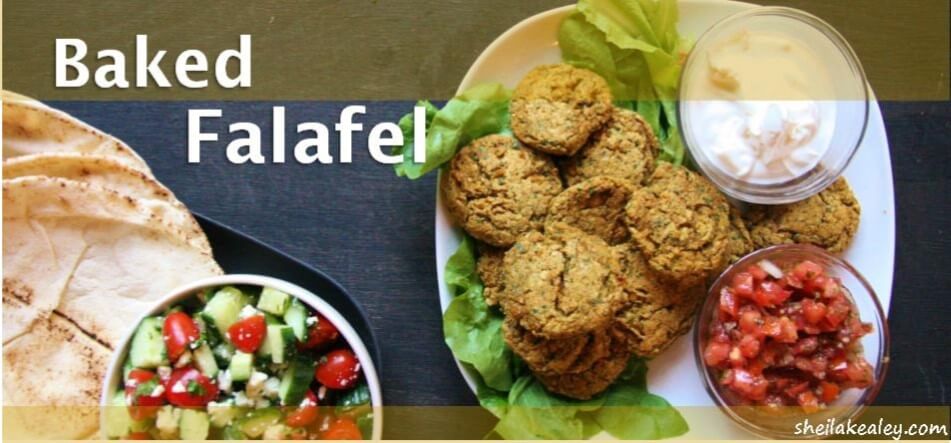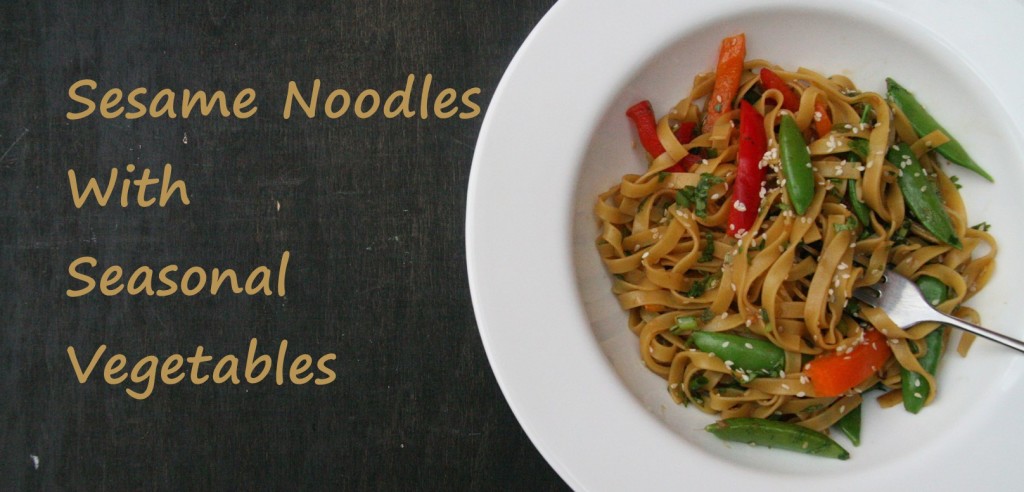Recovery is when you reap the benefits of your training and racing and get stronger, and what you eat can play an important role in the process. Consuming the right foods can help you maximize your training gains, speed up the recovery process, and enhance subsequent performance. Best of all, many delicious foods fit the bill for optimal recovery fuel. Learn more about eating for recovery here.
Exercise scientists have proposed 3 R’s to recovery from exercise: refuel, rehydrate, and repair.
- Refuel. Carbohydrate-rich foods will help you refuel and replace glycogen stores for your next training session.
- Rehydrate. Rehydrating with liquids will help replace fluids lost in sweat.
- Repair. Protein might help restore glycogen, and will enhance muscle-repair processes.
This Strawberry Banana Smoothie fulfills the 3 R’s deliciously without hard-to-find ingredients or protein powders. It’s also quick and easy to make. This beverage will be extra refreshing if you start with frozen bananas or strawberries.
Ingredients
- 2/3 cup Greek yogurt (plain, nonfat)
- 1/2 cup milk (I used 1%)
- 1 cup sliced strawberries*
- 1 small banana*
- 1 tbsp. maple syrup or other sweetener (optional)
* frozen bananas or strawberries make the smoothie creamier and more refreshing
Directions
Combine all ingredients in a blender and blend until smooth.
Makes ONE 2-Cup Serving.
Nutrition Notes
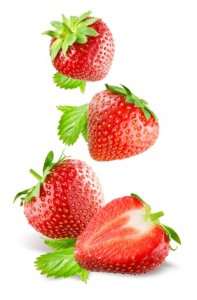 Strawberries, like other berries, are one of the most nutritious fruit: they are rich in vitamin C, fiber, folate, and potassium. They also rank higher in antioxidant power than most fruits and vegetables. Berries also contain anthocyanin, a phytochemical that helps fight oxidative cell damage that can lead to chronic diseases including cancer, diabetes, and heart disease.
Strawberries, like other berries, are one of the most nutritious fruit: they are rich in vitamin C, fiber, folate, and potassium. They also rank higher in antioxidant power than most fruits and vegetables. Berries also contain anthocyanin, a phytochemical that helps fight oxidative cell damage that can lead to chronic diseases including cancer, diabetes, and heart disease.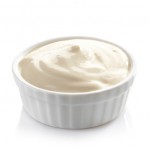 Greek yogurt is exceptionally rich in protein and a good source of calcium. High yogurt consumption (> 7 servings/week) is linked to lower weight (especially in people who eat more fruit), and lower risk of diabetes.
Greek yogurt is exceptionally rich in protein and a good source of calcium. High yogurt consumption (> 7 servings/week) is linked to lower weight (especially in people who eat more fruit), and lower risk of diabetes.
Why nonfat yogurt? Fat is high in calories that will take the place of the carbohydrates that you need for recovery. Also, the fat in dairy is saturated, which is linked to many chronic diseases (the fat in dairy may not be as bad, but this is still a matter of scientific debate). Get the fats you need later in the day from healthy sources like nuts, seeds, or fatty fish. But any plain yogurt will work well in this smoothie, so it’s not a problem to use what you have on hand!- Milk is a good source of calcium, and provides protein and fluid to this smoothie. Research shows that milk enhances exercise recovery. (Soy milk is a better substitute than almond milk).
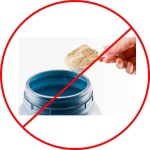 Protein-Rich Without Protein Powder. This shake gets 23 g of protein from food (Greek yogurt and milk). Many high-protein smoothies and shakes are made with protein powders. These powders are unregulated supplements that are highly processed, expensive, and often contain many questionable ingredients that your body doesn’t need. While protein powders are convenient and fine to use from time to time, they shouldn’t be a dietary staple.
Protein-Rich Without Protein Powder. This shake gets 23 g of protein from food (Greek yogurt and milk). Many high-protein smoothies and shakes are made with protein powders. These powders are unregulated supplements that are highly processed, expensive, and often contain many questionable ingredients that your body doesn’t need. While protein powders are convenient and fine to use from time to time, they shouldn’t be a dietary staple.- Bananas are rich in fiber, and an excellent source of potassium, an essential mineral that most people don’t get enough of in their diets. Bananas also contain plant lectins, a type of protein being studied for disease-fighting properties.
Nutrition Per Serving
- 295 calories
- 23 g protein
- 44 g carbohydrate
- 2.5 g fat
- 6 g fiber
- 118 mg sodium
- 967 mg potassium
- 76 mg magnesium
More On Protein
In terms of your next workout, refueling with carbs and rehydrating should be the priorities. Protein isn’t critical for performance in next workout, but is important for long-term adaptations. New research is showing that protein distribution throughout the day is important for muscle health. Although most people tend to consume enough total protein in a day, the way they distribute their protein intake isn’t optimal for muscle repair. Your body needs about 20 to 30 grams of protein at a time for muscle building processes: most people don’t consume this amount in the morning, but eat two to three times the amount they need at dinner (and more protein doesn’t build or repair more muscle). You can find out more about your protein needs in this article.
More Foods to Fuel Your Workouts
- Chocolate Peanut Butter Protein Shake
- Sheila’s Quick & Easy Oatmeal Bars
- Double Chocolate Peanut Butter Energy Bites
- Sesame Date Energy Bites
- Almond Butter Chocolate Chip Bars
More Recipes You Might Like
Recipe Index
Share This: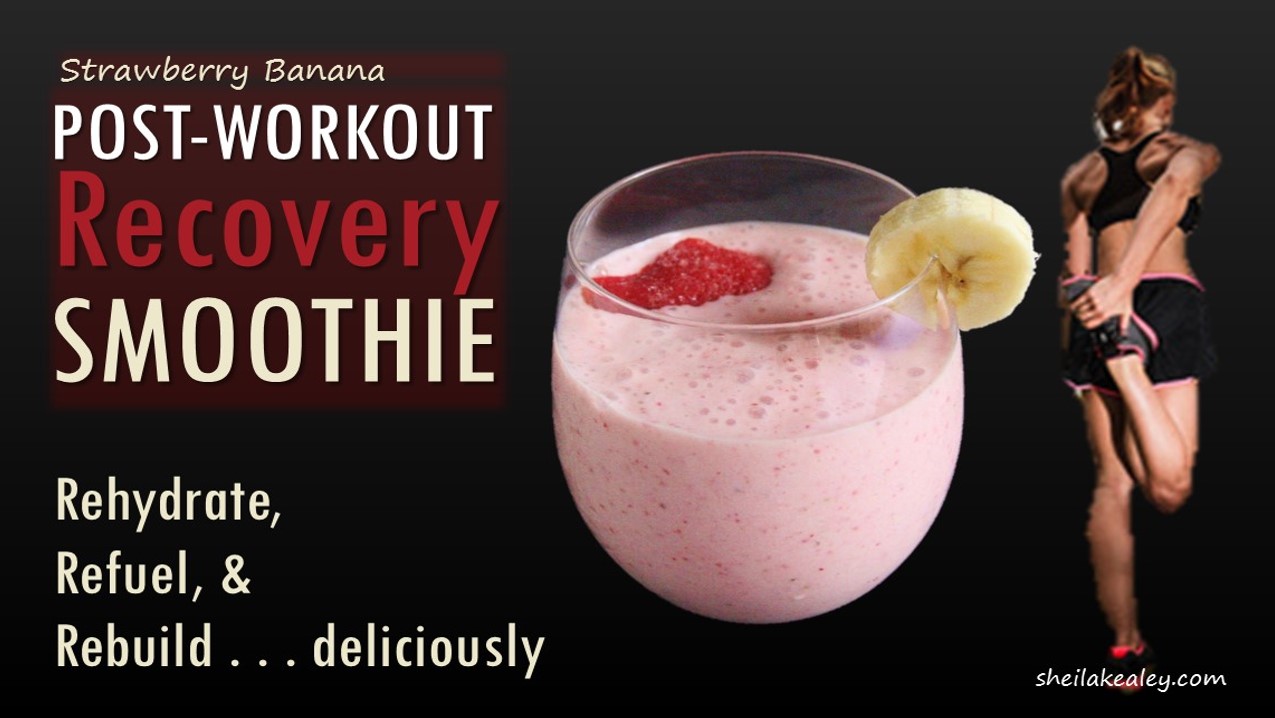




 Based on 7 Review(s)
Based on 7 Review(s)